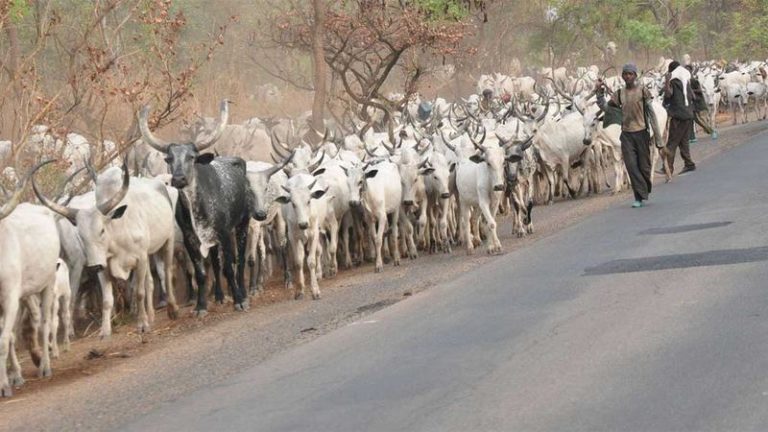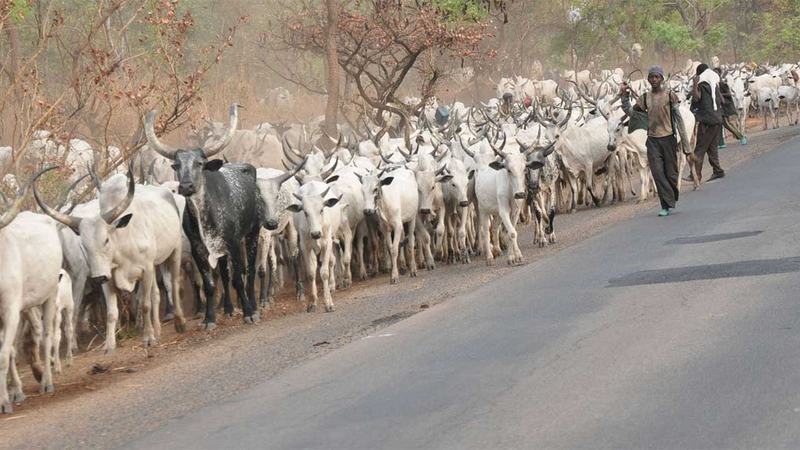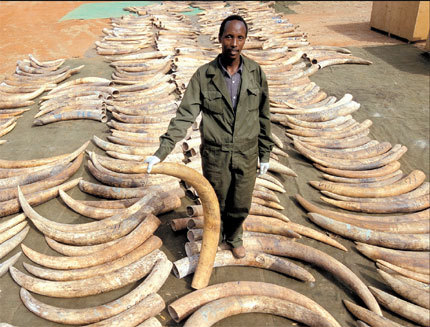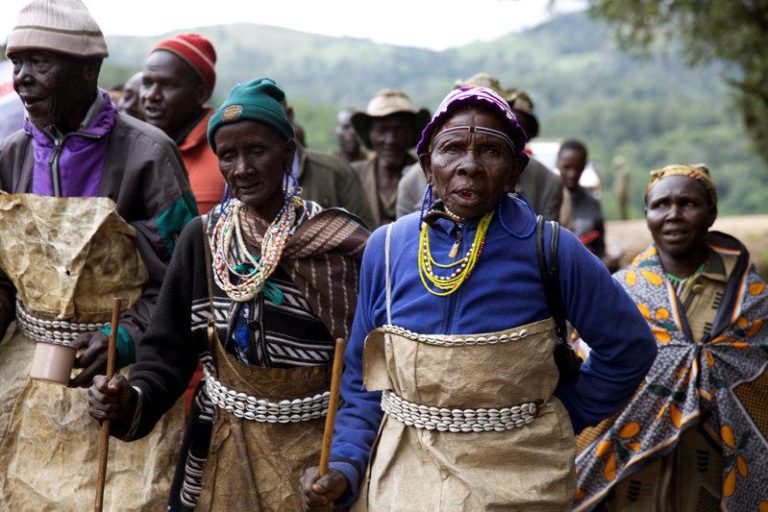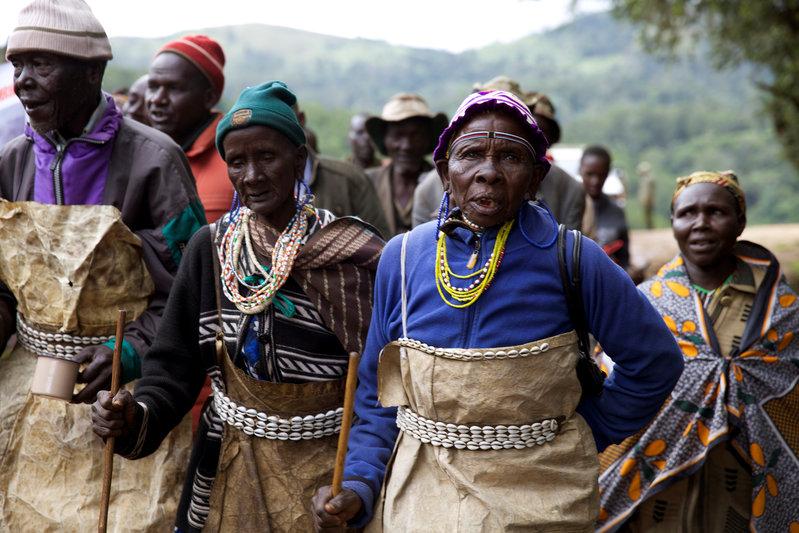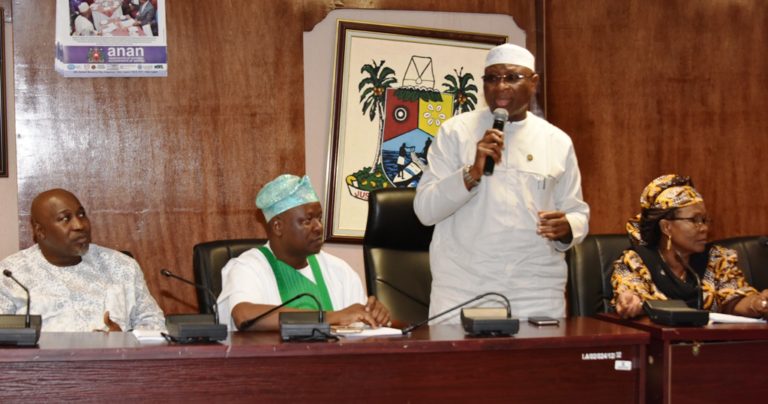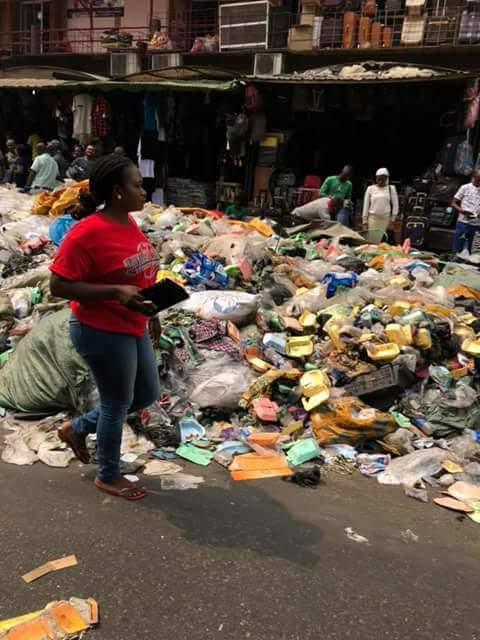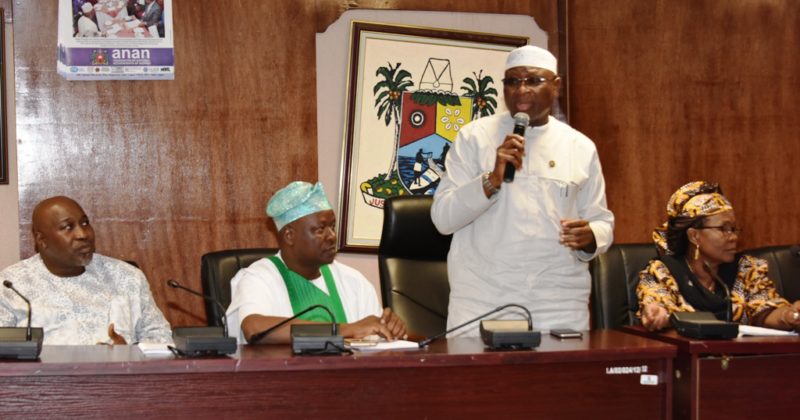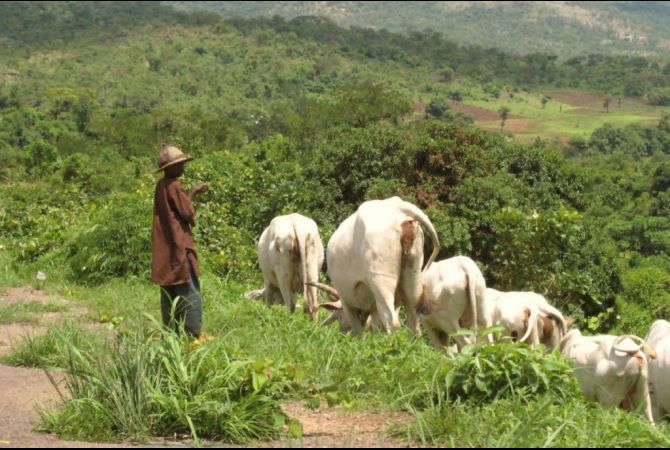A non-governmental organisation (NGO), the Youth Water, Sanitation and Hygiene (YouthWASH), has called on the Federal Ministry of Education to carry out a national survey to determine the level of access to potable water.
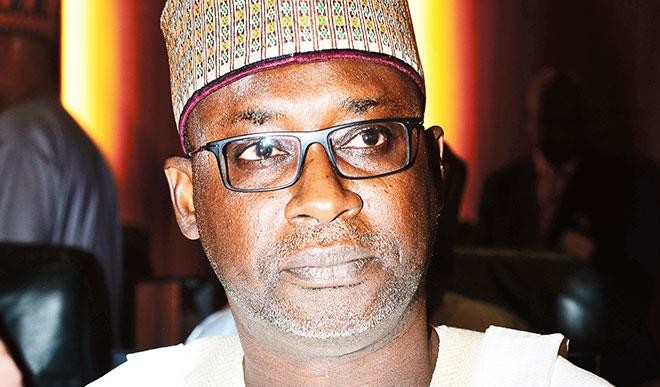
YouthWASH said the survey should also include hygiene and sanitation in schools across the country.
The Group’s Coordinator, Mr Nature Obiakor, told the News Agency of Nigeria (NAN) in Abuja on Wednesday, January 17, 2018 that this was necessary to promote how interventions from all stakeholders would be addressed.
He said it was saddening to note that a large number of schools lacked access to water and proper toilet facilities, saying this was one of the factors promoting school absenteeism and disease prevalence.
According to him, when there is an accurate data on what needs are unavailable, what specific interventions can be carried out, then the country can say there is an inclusive society.
“My call to government, specifically the Federal Ministry of Education is to see that there is a need for an assessment on the situation for potable drinking water, sanitation and hygiene in these schools and among students.
“Because there is no way you can come up with an intervention plan or what to do and because there is no real data to know how many schools, the particular schools or what is the situation of access here.
“So if we have a national study and report, it will be easier to get donors to buy-in and start funding these activities,’’ he said.
He said access to safe water, sanitation and hygiene was a human right, hence the need for all stakeholders to put it on the front burner.
According to him, Nigeria loses 1.3 per cent of its GDP to illnesses and deaths caused by lack of access to water, sanitation and hygiene.
He said that improved access to water, both at the rural and urban areas was an important factor for national development.
Obiakor said the group in partnership with the UN Children’s Fund was strengthening capacity of youth corps members to activate and sustain Environmental Health Clubs (EHCs) and overall hygiene promotion in schools.
He said hand washing with soap before eating and after using the toilet had severally proven to be the best preventive approach to healthy living.
“It is considered as the most cost effective way to mitigate diseases such as cholera, pneumonia, diarrhea, typhoid fever and can save more lives than any single vaccine or medical intervention.”
A study conducted by WASHWatch, showed that no fewer than 60,000 children below the age of five in Nigeria die from diarrhea diseases caused by the country’s poor access to WASH facilities.
By Tosin Kolade

